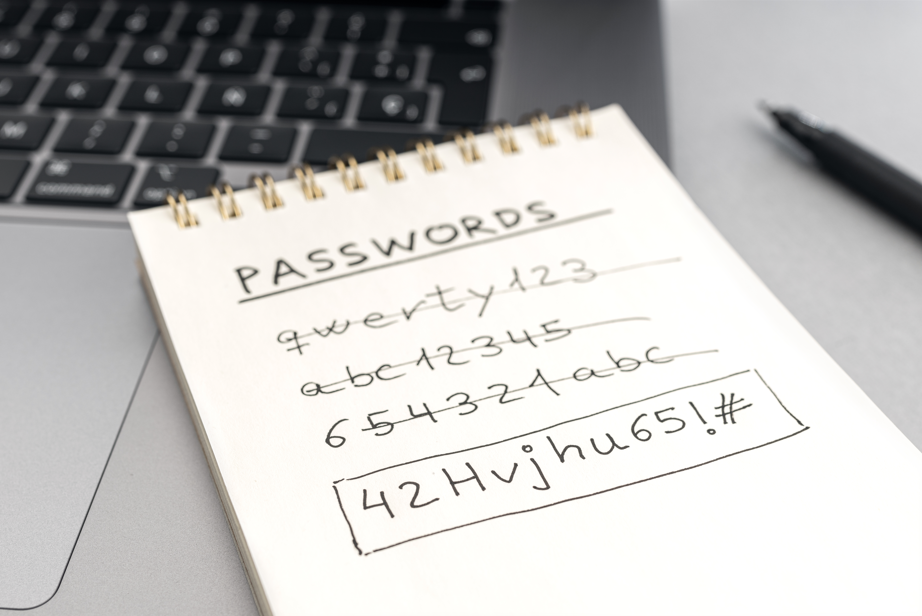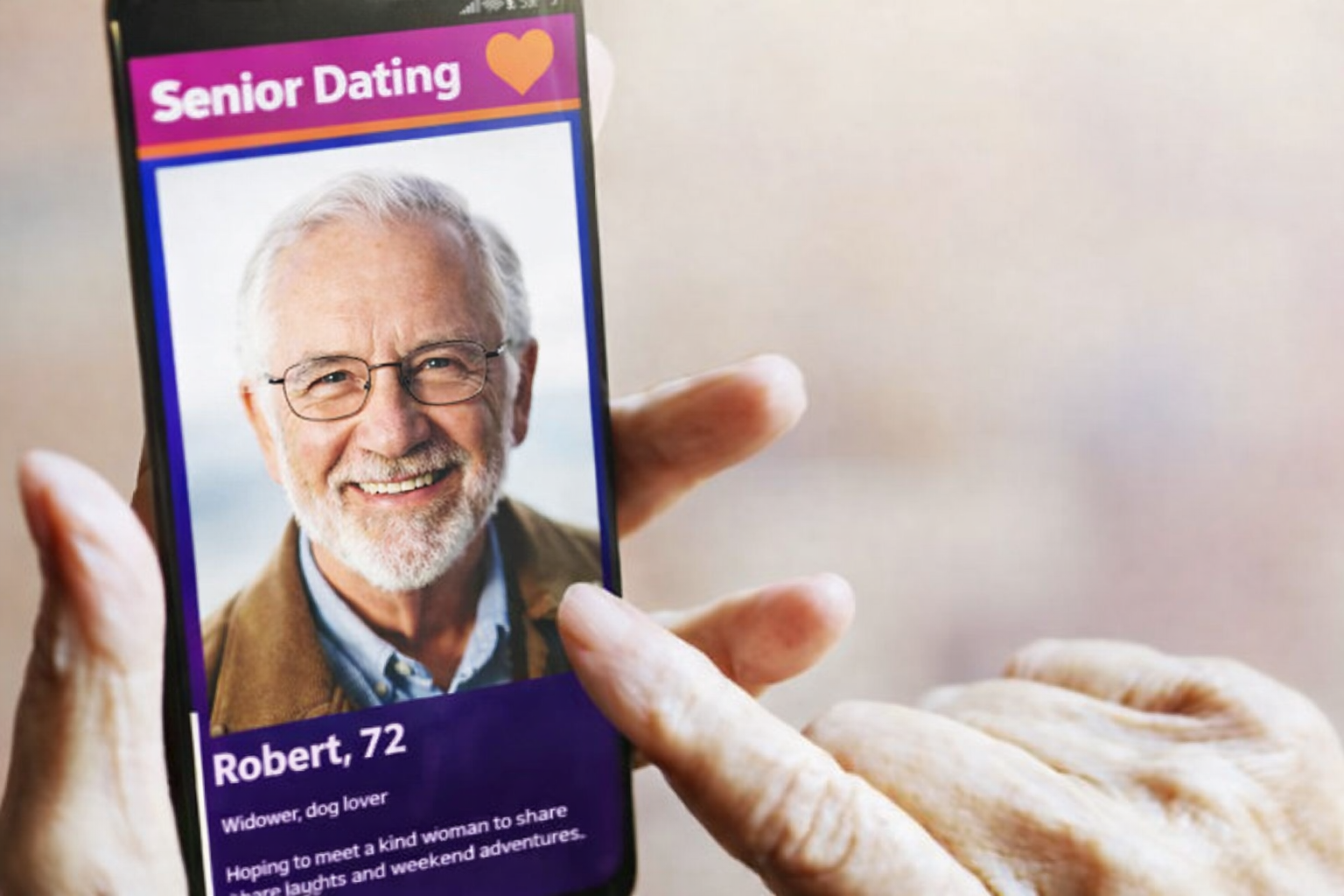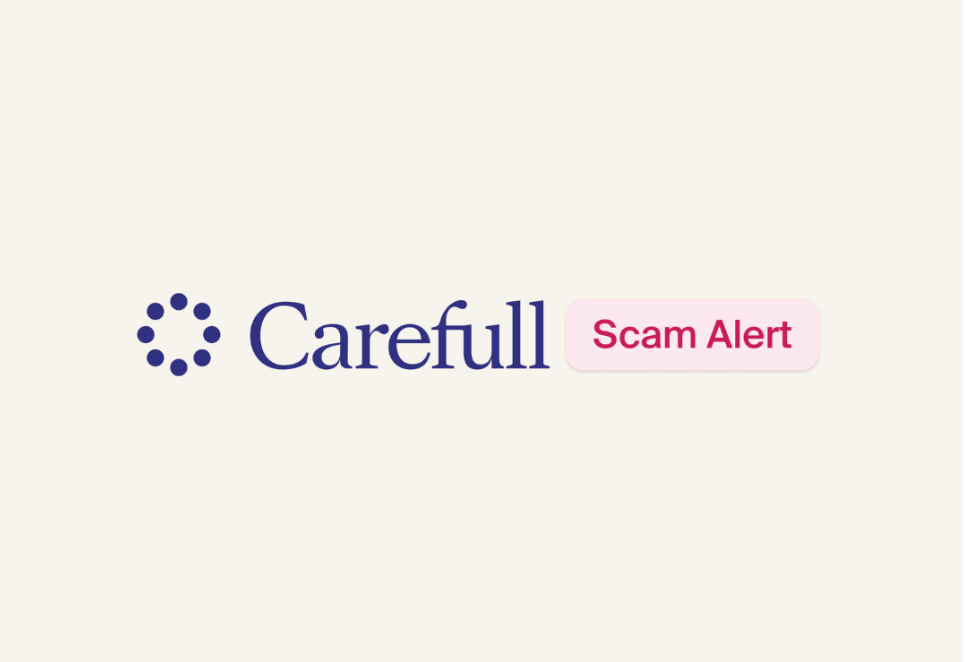Why It’s Safer to Pay With Credit Cards Than Debit Cards Online

Using a debit card to make purchases online might seem like a smart way to avoid overspending and racking up debt. However, you'd be a lot smarter to rely on credit cards for online purchases.
That's because debit cards don’t provide the same protections that credit cards offer. In fact, making online purchases with a debit card can be downright dangerous.
Here’s what to know about why it’s safer to pay with a credit card than a debit card when making purchases online.
The risks of using debit cards online
You might be wondering how thieves can use your debit card without having the actual card. Of course, if your card is stolen, it can be used to make unauthorized purchases. But thieves don’t need the actual card to make fraudulent transactions. When you enter your debit card number online to make a purchase, the information you provide can fall into the wrong hands.
- Websites can be fraudulent. Criminals create fake retail sites and replicate legitimate sites to lure unsuspecting consumers to provide their card information to make payments.
- Websites can be hacked. Even if you’re extremely careful about where you shop online or provide your card information, thieves can hack into retail sites and online databases to steal account information.
Credit card information can be stolen just as easily as debit card information can. However, a stolen debit card number can cause more damage.
“If a bad guy gets a hold of your debit card account, they can use it to spend real money out of a real checking account,” says Matt Schulz, chief credit analyst at LendingTree and author of “Ask Questions, Save Money, Make More. “That can cause real problems when bills come due.”
Fraud protections for debit cards
The Electronic Funds Transfer Act provides protections if unauthorized transactions are made with your debit card. However, your liability for unauthorized debit card purchases depends on when you report the fraud.
- Within two days: Your liability is capped at $50 if you report fraudulent debit card transactions within two days of discovering them.
- Between two and 60 days: You could be responsible for up to $500 in unauthorized transactions if you report them between two and 60 days.
- After 60 days: If you fail to report the fraudulent activity within 60 days, there is no cap on your liability—meaning you could be responsible for all of the transactions..
Fraud protections for credit cards
The Fair Credit Billing Act limits your liability for fraudulent credit card charges to $50. However, many card issuers have zero liability policies that guarantee cardholders won’t have to pay for any unauthorized charges they report. “Often it takes nothing more than a quick phone call to your issuer to get those fraudulent charges waived,” Schulz says.
The benefits of credit vs. debit cards for online purchases
When you make purchases online with a debit card, you put yourself at risk of giving thieves direct access to your bank or credit union account. They can potentially drain all of the funds in your account. As long as you report the unauthorized charges within two days, you will likely get your money back. “But it won’t happen immediately,” Schulz says.
Banks and credit unions typically have 10 days to investigate unauthorized transactions. They then have one day after determining that transactions are fraudulent to correct or reverse the transaction, according to the Consumer Financial Protection Bureau. Some financial institutions will issue a temporary credit to accounts while transactions are being investigated, but this isn’t always the case.
If there is a delay in returning funds to your account, that could create a ripple effect across your finances. Without cash in your account to cover bills, you could be hit with late payment fees. You could be at risk of having services terminated for missing payments. Your credit score could take a hit if you make loan or credit card payments late, and the list goes on.
When you report unauthorized credit card charges, you don’t have to pay any of the disputed charges that appear on your bill while they are being investigated. If the card company determines that you owe any portion of a disputed charge, it must explain why to you in writing. If you disagree with the decision, you must respond to the creditor within 10 days, according to the Federal Trade Commission.
Credit cards also offer valuable protections if you’re unsatisfied with a purchase or have a problem with something you’ve bought online. For example, if you order something and it never arrives or if it is broken or damaged when it does arrive and the retailer won’t issue a refund, you may be able to receive a refund through your credit card issuer. “These protections aren't as widely available as they used to be, and there are plenty of restrictions and limitations and hoops to jump through, but they can be extremely helpful when applicable,” Schulz says.
How to detect and report unauthorized charges
Because your liability depends on how quickly you report unauthorized debit card transactions, it’s important to be able to detect fraudulent purchases when they happen. Taking advantage of an account monitoring service such as Carefull can make this easy. Carefull monitors bank, credit card and investment accounts 24/7 and alerts users to unusual transactions, signs of fraud and money mistakes.
If you discover an unauthorized charge, contact your bank or credit card issuer immediately by using the customer service phone number listed on your card or your financial institution’s website. Provide as much information as possible about the transaction, and take notes to document the name of the customer service representative you speak with, when you reported the unauthorized transaction and what steps you were told to take.
You also should notify your card issuer in writing of unauthorized transactions within 60 days of discovering them. The Consumer Financial Protection Board provides instructions on what to include in your letter.
If your card or card number has been stolen, cancel the card and request a new one. Also, change your account password or PIN if it has been compromised.
You can submit a complaint with the Consumer Financial Protection Bureau if your card issuer doesn’t address your fraud report or work with you to resolve the problem.
[ Keep Reading: 10 Signs You’re a Victim of Fraud or Identity Theft ]

3 Steps to Safer Money,
Try it Free for 30 Days
Step 1
Start your free,
no-risk trial
Step 2
Connect the accounts and cards you want protected
Step 3
Stay alerted to any
unusual activity



.png)



